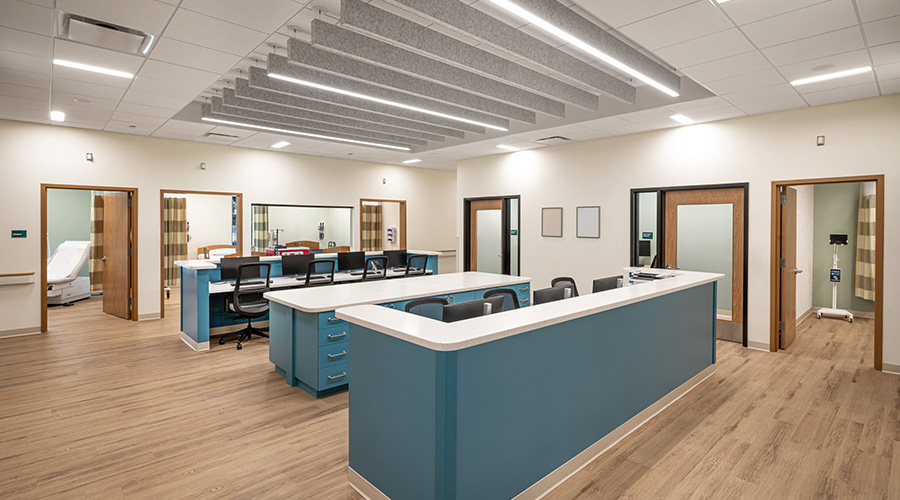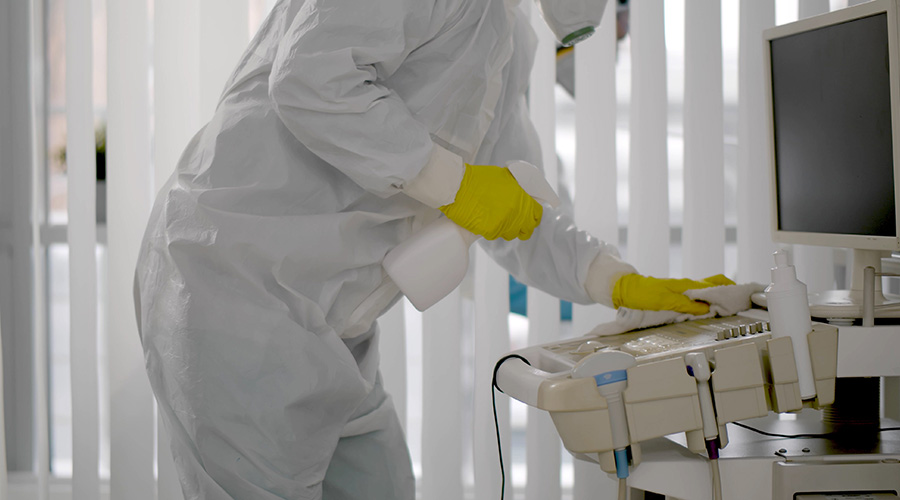Healthcare systems are increasingly interested in combating climate change and are undertaking efforts to operate more sustainably and address climate change, such as investing in renewable technology applications to reach carbon-neutral status.
In 2020, Kaiser Permanente became the first U.S. healthcare system to achieve carbon-neutral status. For decades, Kaiser Permanente’s hospitals have had microgrids powered by diesel generators to provide backup power during outages and ensure patient care is not interrupted. While microgrids are not new to the health care environment, two issues recently have made microgrids even more essential: higher-acuity care at more locations and the increased threat of outages due to wildfires and extreme heat, according to Health Facilities Management.
According to Ramé Hemstreet, vice president of operations and chief energy officer at Kaiser Permanente, diesel generators are not a preferred solution. And if the facilities are running diesel generators more frequently, their impact on climate change reinforces the negative spiral.
Charge Bliss, the firm that installed a renewable energy microgrid project at a Kaiser hospital in Richmond, Calif., is partnering again with Kaiser Permanente on a demonstration project at the Ontario Medical Center. The battery energy storage system will be charged by 2 megawatts of on-site solar. If this project is implemented as scoped, it will provide eight times the storage capacity of the Richmond microgrid.

 Why Identity Governance Is Becoming a Facilities Management Issue
Why Identity Governance Is Becoming a Facilities Management Issue Habitat Health Opens South Los Angeles PACE Center
Habitat Health Opens South Los Angeles PACE Center Denton County MHMR Center Suffers a Data Breach
Denton County MHMR Center Suffers a Data Breach What Every EVS Leader Needs To Know
What Every EVS Leader Needs To Know Blackbird Health Opens New Clinic in New Jersey
Blackbird Health Opens New Clinic in New Jersey